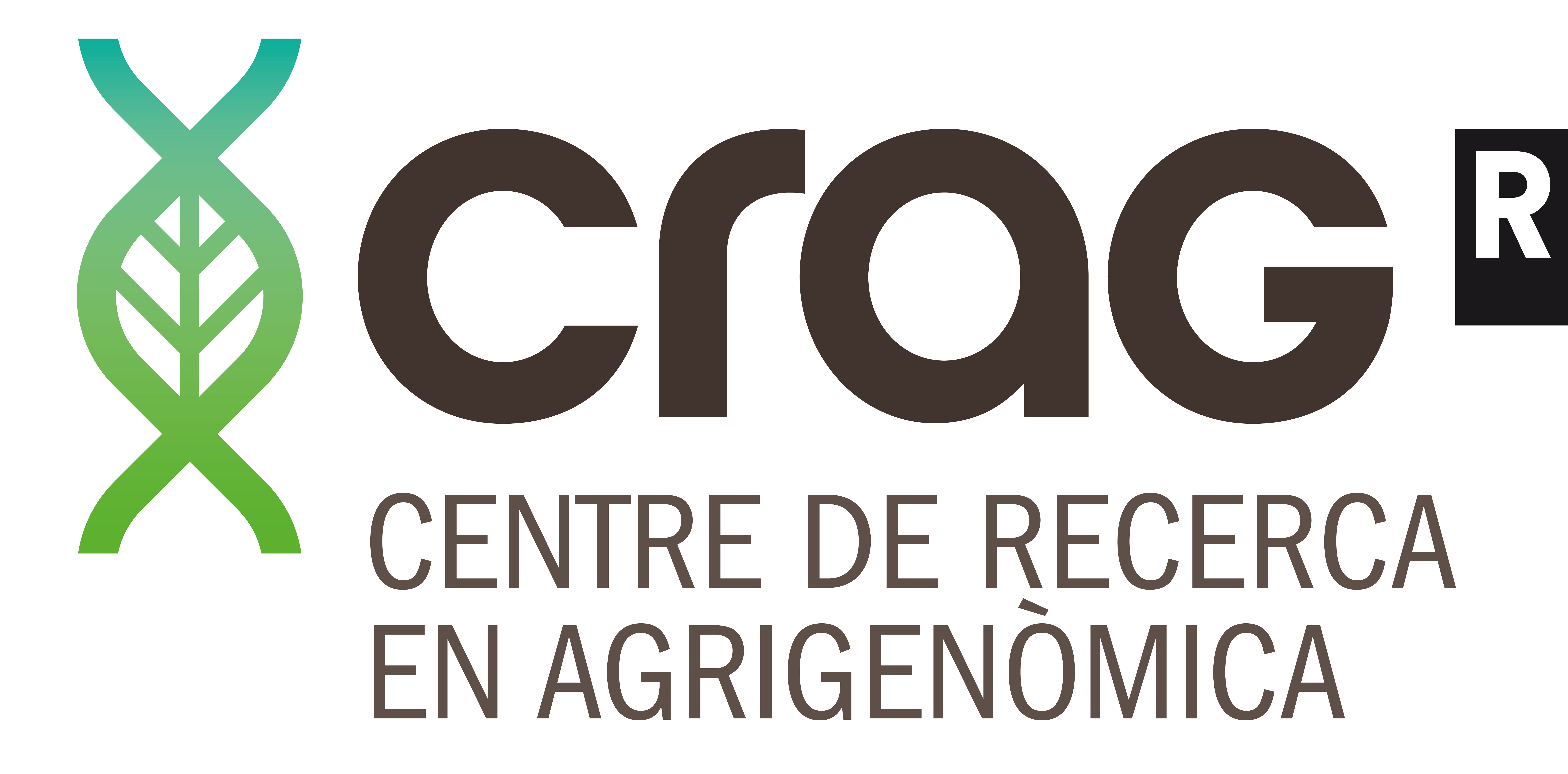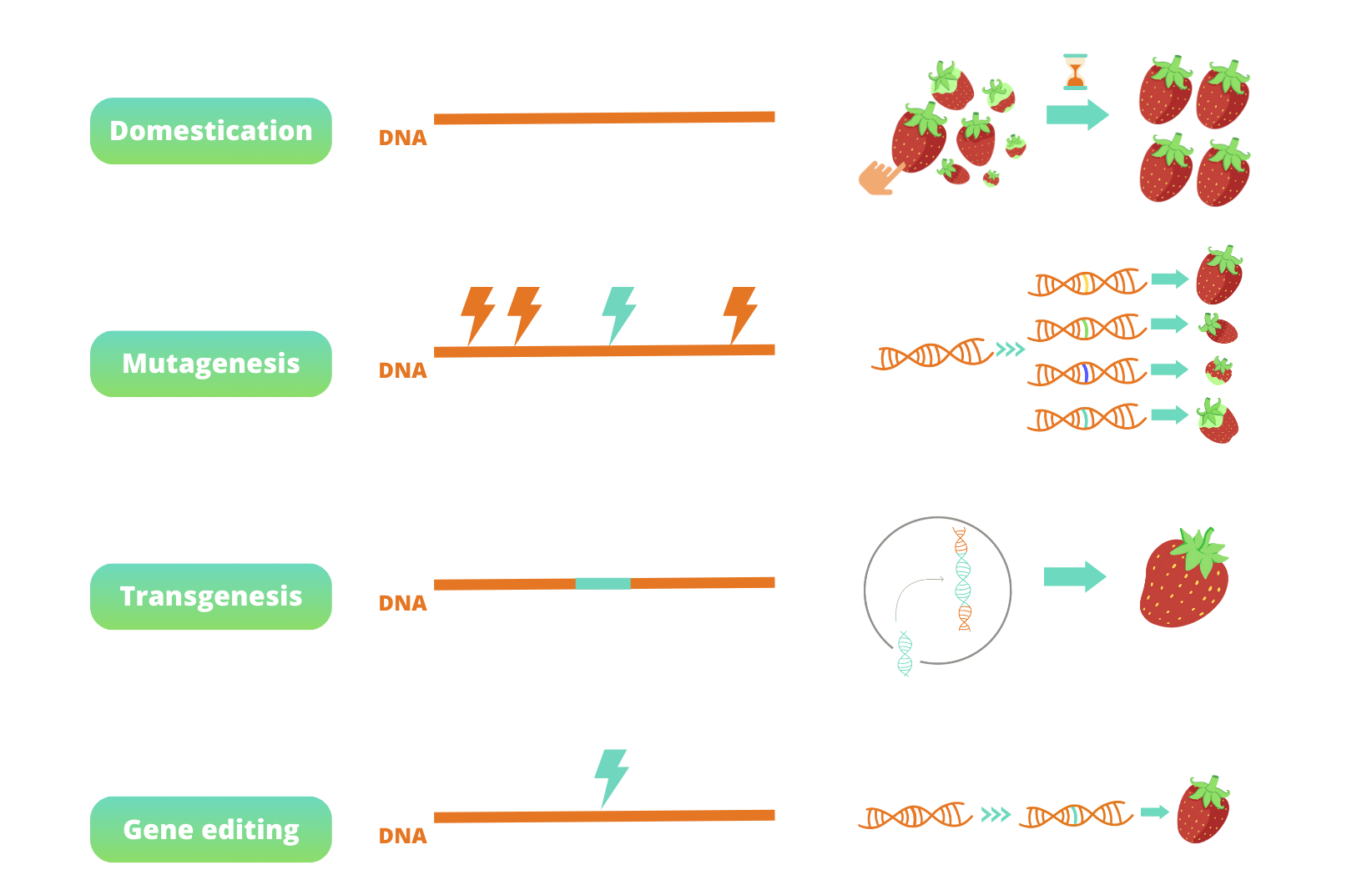Genetic modification is the process of altering an organism’s genetic material to obtain specific characteristics. Historically, a number of methods have been used to genetically modify plants, ranging from more traditional approaches to modern biotechnological techniques that have speeded up the process of breeding new plant varieties.
Mutagenesis
Mutagenesis is the process of inducing changes in an organism’s genetic material to create new traits. This is achieved through exposure to mutagenic agents, which may be chemical or physical, causing random changes in DNA.
Mutagenesis is used in plant breeding to increase genetic variability and create new desirable traits. When plants are exposed to mutagenic agents, large numbers of DNA changes are randomly generated. Scientists then select the plants that have desirable characteristics and cultivate these to obtain more plants with the same traits.
Although mutagenesis can lead to significant changes in plants, the resulting crop varieties are safe both for the environment or for our health. Most of the food we find in supermarkets is obtained through advanced domestication or mutagenesis. The list of these varieties can be consulted at this Food and Agriculture Organization of the United Nations (FAO) database.

CRAG Consortium members:

CRAG is a member of:

Outreach project funded by:





